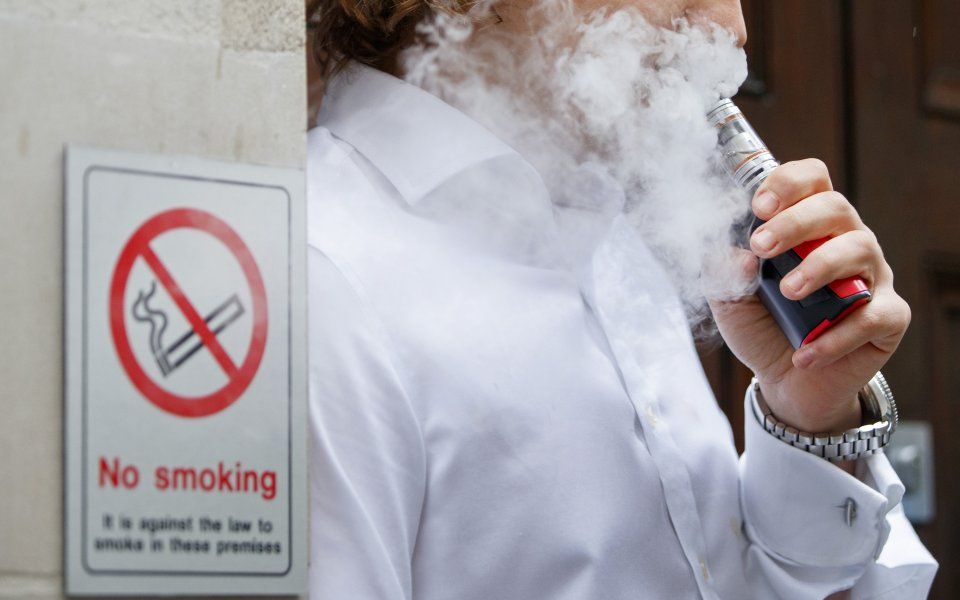MPs tell Hammond: Don’t even think about a vape tax

An influential committee of MPs has urged the government to ease its rules on e-cigarettes in the wake of reports that the Treasury plans to slap vapers with a new sin tax.
In a report which hits out at the government for “missing significant opportunities” to tackle smoking-related deaths, the Science and Technology Committee has called for tax breaks on vaping products and greater freedoms to advertise e-cigarettes.
The parliamentary group, which has rebuffed fears that vaping acts as a significant “gateway” to conventional smoking, argued that e-cigarettes are “being overlooked as a stop smoking tool”.
John Dunne, a director at the UK Vaping Industry Association, said: “More and more people wrongly believe vaping to be more harmful or as harmful as smoking. This is a direct consequence of advertising restrictions that prevent the industry from telling smokers that vaping is 95 per cent less harmful. If health bodies can say it, why can’t we?”
Fraser Cropper, chair of the Independent British Vape Trade Association, added: “Whether this report will have any influence on government policy remains to be seen, but acting on these specific recommendations would go a long way to reversing the incorrect perceptions about vaping that have taken hold.’’
The report, which has also called for a reconsideration of the use of e-cigarettes in public places, comes less than a month after Philip Hammond was said to be mulling over a new vape tax in the Autumn Budget.
“Most people would recognise that a vaping tax would prompt absolute outcry from all corners of the political spectrum,” said Daniel Pryor, who recently published a paper on e-cigarettes for free-market think tank the Adam Smith Institute.
Norman Lamb, who chairs the Science and Technology Committee, said:
“E-cigarettes are less harmful than conventional cigarettes, but current policy and regulations do not sufficiently reflect this and businesses, transport providers and public places should stop viewing conventional and e-cigarettes as one and the same.
“There is no public health rationale for doing so.”
The extensive inquiry into e-cigarettes also concluded that restrictions on nicotine strength, tank size and bottles is not founded on scientific evidence and should be urgently reviewed.